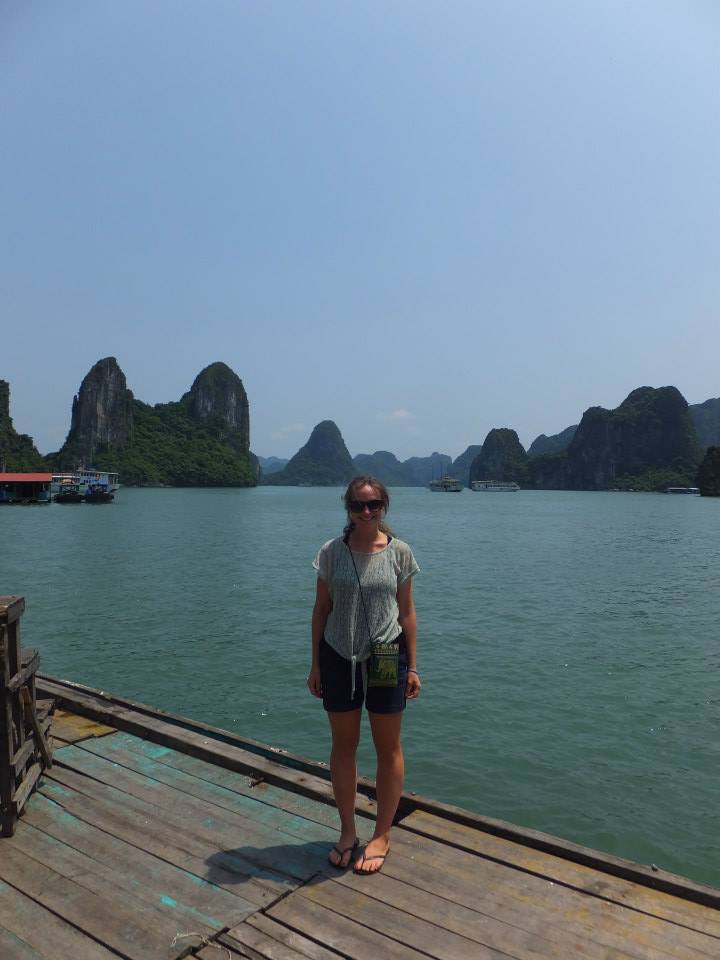Is it safe to visit Burma? A guide to Myanmar's internal conflicts 2017/2018

As a travel company operating in Burma (Myanmar), we keep up to date with the latest developments, FCO advice for tourists, and the experiences of our partners on the ground.
Back in November we updated the blog with the latest news about internal conflicts in 2016, and an overview of their history. While it remains safe to visit, the desperate situation in Rakhine State has been widely reported this week, raising questions about the ethics of travelling to Burma today.
What's happening at the moment?

Safe to visit: Inle Lake
The news coverage recently has largely focused on the ongoing conflict in Rakhine State between the Rohingya people and the Rakhine people. The Rohingya are Muslims who migrated to Burma from Bangladesh in the 15th century, and the ethnic Rakhine people are Buddhists who object to the Rohingya living in Burma.
The Rohingya are described as the most persecuted people in the world; they are routinely discriminated against, and often considered illegal immigrants. The government in Burma refuses to grant them citizenship - they had their voting rights withdrawn in 1982, and their temporary identity cards ("white cards") were invalidated in 2015, before they had the opportunity to vote.
The conflict hit the news last month when it was reported that Rohingya militants targeted police posts. In response, security forces and Buddhist militia have apparently raided villages and massacred Rohingya civilians.
Following this there has been a mass migration (well over 300,000) of Rohingya people travelling to Bangladesh. Over the border they are being housed in makeshift refugee camps, but as numbers increase officials are beginning to turn them away. Recognised as neither Burma or Bangladesh citizens, they are effectively stateless.
Aung San Suu Kyi
Aung San Suu Kyi, General Aung San's daughter, is the leader of the National League of Democracy and won a landslide victory in the first openly contested election in 2015 - a move towards democracy and away from military rule. She received the Nobel Peace Prize for her work and, although she cannot be the president of the country (her children hold British passports), she is seen as a de facto leader.
She was the first politician in Burma to draw attention to the plight by granting UN access to the region, and commissioning former UN secretary general Kofi Annan to write a report and find practical solutions to the conflict. Two weeks ago he suggested official citizenship for the Rohingya people.
Since the most recent outbreaks of violence, Aung San Suu Kyi has been criticised for not making a statement vehemently condemning the Rakhine militants - particularly in Western media where sympathy largely lies with the Rohingya people. Her comments to-date regard protecting everyone in Rakhine state against terrorists. She chooses her words carefully, perhaps to avoid exacerbating the situation.
Is it safe to visit Burma?
Burma is nearly twice the size of Germany, and this conflict is isolated to Rakhine State in areas that are off-limits to tourists. No tourists have been harmed in any of the internal conflicts and the beach area of Ngapali in Rakhine State is still safe. The orange areas in the map below are off-limits.

Is it ethical to visit Burma?

Sadly, these conflicts have been going on for many years, but it's only since strict censorship regulations were lifted in 2011 that light has been shed on the extent of them. We firmly believe that responsible tourism in Burma is positive for the country. It contributes to development, draws international attention to internal issues and puts pressure on a peaceful resolution.
Keep up to date with government advice here:
United Kingdom / Australia / USA / Canada





